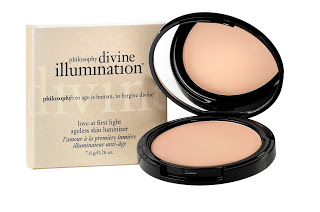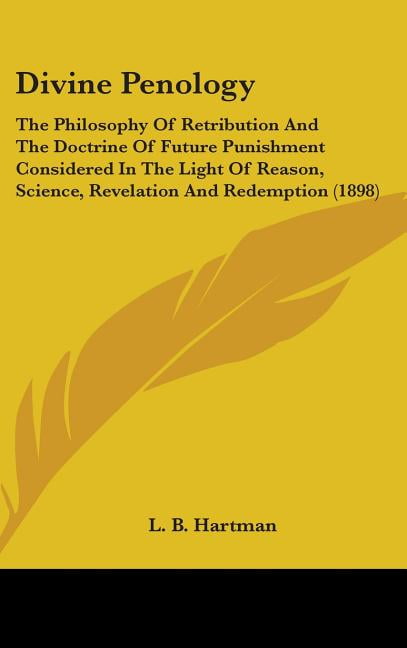
The question about hope is “simultaneously practical and theoretical”-it “concerns happiness” and “finally comes down to the inference that something is…because something ought to happen” (A805-6/B833-4, original emphasis). What Kant does say in this passage is that “What may I hope?” is a distinct question that also unites the other two, or acts as a bridge between their domains. Footnote 1 Compared to stalwarts like “ Erkenntnis,” “ Urteil,” and “ Vernunft,” the word “ Hoffnung” barely shows up at all in the critical philosophy-and many of those usages are by-the-by (“I hope to have shown…”). Kant wrote no Critique or Metaphysical Foundations of hope, and he makes little explicit effort even to say what hope is. It is surprising to learn, however, that the third and in some sense central question for Kant is “What may I hope ( Was darf ich hoffen)?” ( 1902, vol. No casual reader of Kant will be surprised to learn, upon arriving at the Canon of Pure Reason chapter at the end of the first Critique, that “What can I know?” and “What should I do?” are two of the three questions driving his philosophical enterprise. By contrast, there is a tendency among contemporary theologians to follow earlier Christian authors in slipping beyond mere hope to optimistic faith, and even to full-blown certainty.

We will see that although some of the recent discourses about the “Good Anthropocene” slip beyond hope into full-blown optimism, most authors working on ecological and environmental topics are careful to keep the attitudes distinct. Finally, I turn to some contemporary work in two very different arenas – Anthropocene scholarship and Christian eschatology – in order to look at how the concepts of hope and optimism are deployed in those contexts. I then examine a version of Kant’s moral proof that succeeds in locating a role for hope that is distinct from that of Belief, expectation, optimism, and so on. In this chapter I first consider the ways in which pre-Kantian authors muddied the distinction between what we would call “hope” and “expectation.” I then look at how Kant’s views about hope evolve to the point where, by the time of the “End of All Things” essay of 1794, he seems to endorse a kind of hopeful pessimism about our this-worldly situation, at least. Moreover, the canonical statements of his own moral proof do not seem to give hope any essential role to play.

This is largely his own fault: in his discussion of the question he moves quickly from talking about rational hope to discussing the kind of Belief or faith ( Glaube) that grounds it.

Kant’s third question (“What may I hope?”) is underdiscussed in comparison to the other two, even though he himself took it to be the question that united his efforts in theoretical and practical philosophy.


 0 kommentar(er)
0 kommentar(er)
